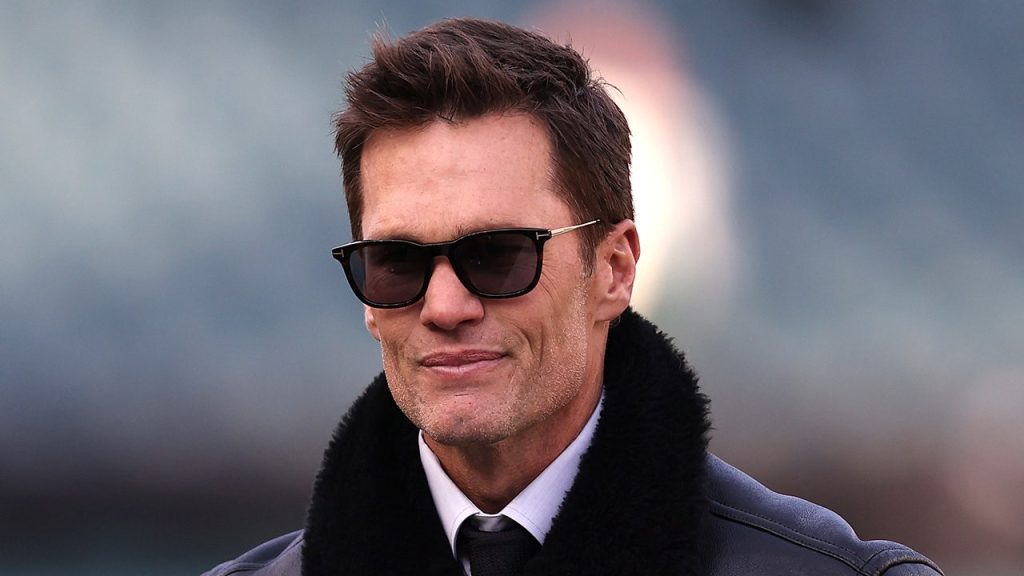Tom Brady’s recent commentary on quarterback protection and officiating has ignited a debate centered around the evolving nature of the quarterback position and the challenges faced by defenders. Brady’s core argument revolves around the increasing prevalence of quarterbacks acting as running backs, extending plays outside the pocket, and subsequently expecting the same level of protection afforded to traditional pocket passers. He contends that when quarterbacks choose to abandon the pocket and become ball carriers, they should inherently relinquish the enhanced protection granted to quarterbacks within the confines of the offensive line.
Brady’s perspective stems from the belief that the current rules, designed to safeguard quarterbacks from injury, are being exploited by quarterbacks who extend plays with their legs and then receive protection they haven’t earned. He suggests that this creates a conflict for defenders, who are tasked with disrupting the play and forcing turnovers, but are hesitant to apply necessary force for fear of incurring a roughing the passer penalty. This hesitancy, according to Brady, diminishes the quality of the game by preventing defenders from playing with the required aggressiveness.
The controversy surrounding Patrick Mahomes and the officiating calls during the Chiefs’ victory over the Texans serves as a focal point for this discussion. While one penalty against the Texans was for a hit to Mahomes’ head area while in the pocket, the more contentious call was for a hit on Mahomes as he was sliding. Brady’s argument implies that Mahomes, by scrambling and initiating the slide, should not be afforded the same level of protection as a quarterback in a traditional passing situation. This raises the question of where the line should be drawn between protecting quarterbacks and allowing defenders to perform their roles effectively.
Brady’s assertion that offensive players, particularly quarterbacks who extend plays outside the pocket, bear a responsibility for their own safety adds another layer to the discussion. He suggests that quarterbacks should be aware of the risks involved in scrambling and take measures to protect themselves, such as sliding or running out of bounds. He emphasizes that defenders must be able to apply force to dislodge the ball and create turnovers, a fundamental aspect of the game that is being compromised by the current emphasis on quarterback protection.
The crux of Brady’s argument is not about faulting quarterbacks for utilizing their mobility but rather advocating for a recalibration of the rules to better reflect the changing nature of the position. He believes that the current rules, by overly prioritizing quarterback protection, have created an imbalance that negatively impacts the quality of the game. This imbalance, he argues, discourages aggressive defensive play and ultimately detracts from the overall competitiveness and excitement of the sport.
The debate ignited by Brady’s comments highlights a significant challenge facing the NFL: how to balance the need to protect quarterbacks, particularly from head injuries, with the desire to maintain the integrity and excitement of the game. This delicate balance requires a careful consideration of the rules and their application, ensuring that both offensive and defensive players can perform their roles effectively and safely. The upcoming AFC Championship game between the Chiefs and the Bills will undoubtedly draw increased scrutiny to the officiating and the application of these rules, particularly concerning Mahomes’ playing style and any potential penalties related to quarterback protection.


